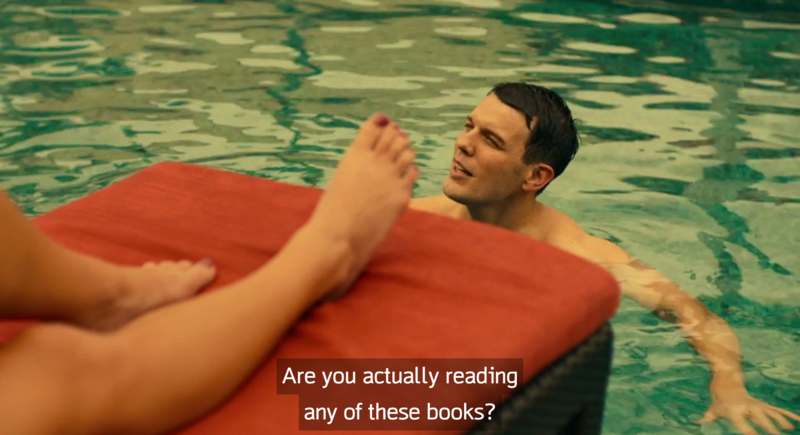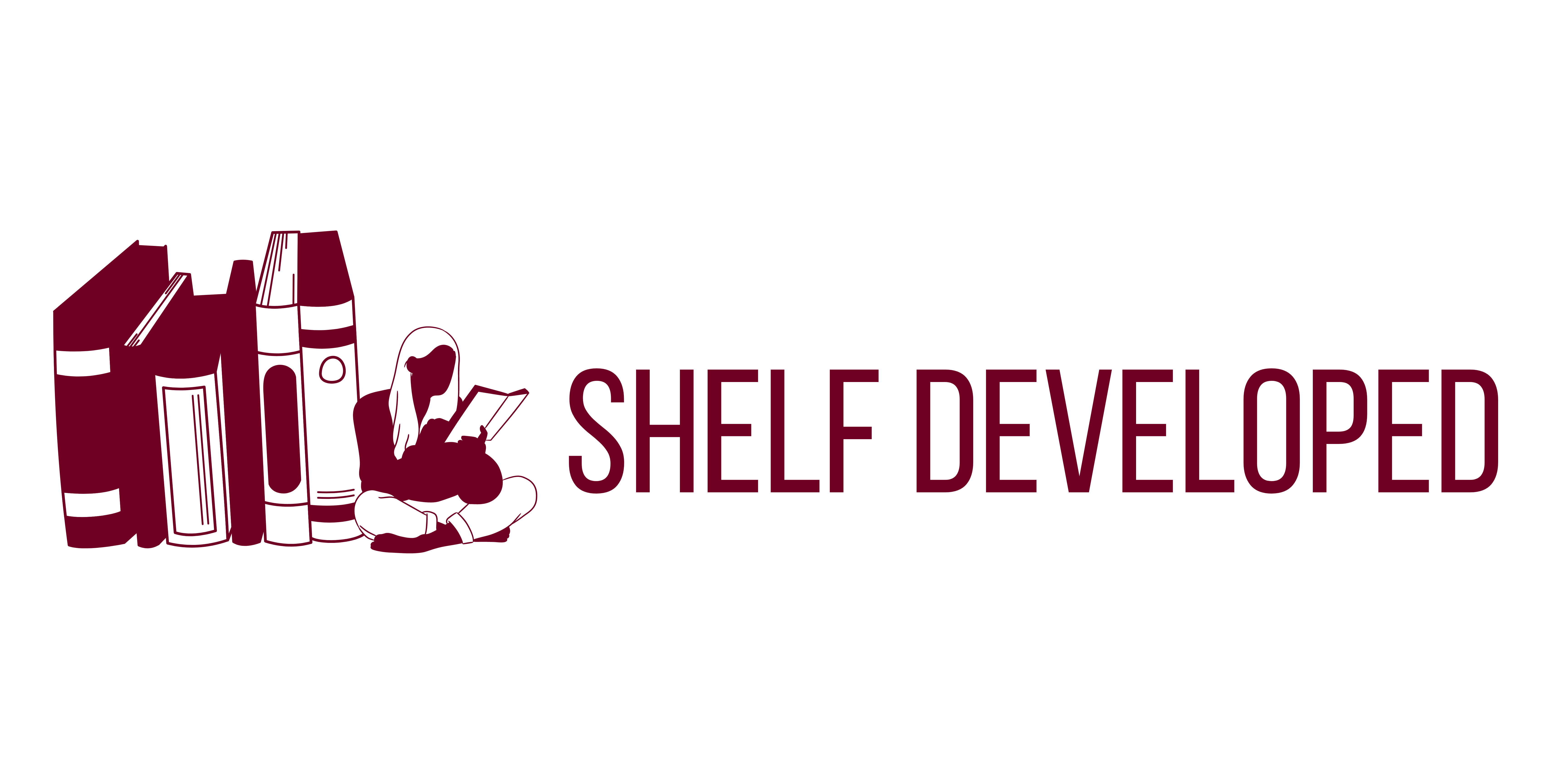There’s something very romantic about being the kind of person who spends hours poring over prose. The image conveys this ideal version of you who is immune to the world’s frivolities and distractions. So, every year, we make a promise to ourselves to read more. A quick search on YouTube pulls up thousands of videos of book bloggers and productivity gurus sharing their best tips for how to read at least a hundred books a year.
Wanting to read more is admirable. Books are great sources of knowledge, inspiration, introspection, and happiness. But the point of reading a prolific amount is also futile if it doesn’t enrich your life somehow. Are you actually extracting anything valuable from the volume of books you are reading? Moreover, does the amount make reading an enjoyable activity, or an absolute drudgery?
While the tradeoff to reading slowly may mean consuming fewer books, reading slowly is a good thing. Books shouldn’t be like junk food: briefly enjoyable, with no long-term benefits. Take your time and savor each page.

There are plenty of ways to read a book. One of the best ways to get the most out of a book is through active reading. The cost of reading actively, though, is speed. But this is the case for many things out in the world. We may be able to generate things much faster, but the margin for error rises (AI language models like ChatGPT being a different case).
Have you ever experienced going through several pages of a book only to realize you don’t understand what’s happening anymore? And so, you turn back a few pages and start all over again? That’s your mind on autopilot; a lack of focused attention results in unengaged reading. Reading slowly allows you to focus on what you’re reading instead of merely flipping pages. It’s like listening to a friend recount their day to you. While you listen, you nod your head to convey agreement or lean forward to demonstrate interest. Maybe your eyes widen to convey shock: she did WHAT? Imagine missing all that because you were just waiting for the story to end.
Reading slowly is the opportunity to converse with the author, and to grapple with and probe deeper into the material. As you do so, you may find that some things strike a chord deep inside you, a compulsion to pause and reflect. That is a good opportunity to annotate your book. Just as you don’t always have to provide profound commentary while listening to a friend recounting her story, your annotations don’t always have to be philosophical. Underline something because it makes you feel understood. Highlight it because you like how it’s written. It doesn’t matter. What does matter is your engagement—the feedback you are providing.
Reading slowly helps you engage. Engagement matters because it shows you are paying attention to the meaning conveyed behind the sentences you are reading; your eyes are not merely passing over words on a page. What a waste of your time and effort that would be. Paying attention is the precursor to understanding. Understanding is the true objective of reading—or learning—anything.
Take your time. There is no hurry. If books were meant to be enjoyed at speed, they wouldn’t be published at the lengths that they are. Understand what you read so that you’re left just a little better than you were at the first page of this book. And no matter what all the Internet tells you, it’s not a race.

